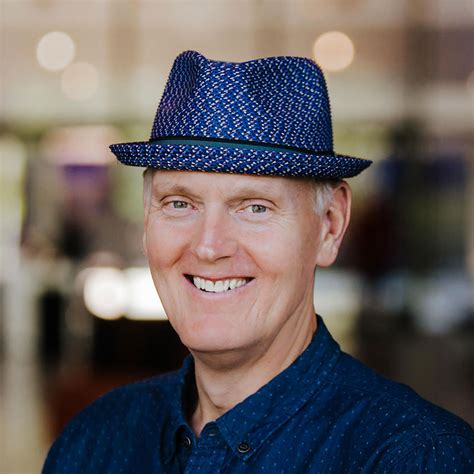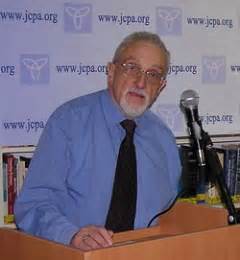A Quote by Barbara Brown Taylor
I'm in a mainline church, I'm very aware, especially as I move through community churches and new-start churches that are making real efforts not to associate themselves with traditional denominations - very often they have no history. They have no institutional memory.
Related Quotes
But I must add that the U.S. government must not, as by this order, undertake to run the churches. When an individual, in a church or out of it, becomes dangerous to the public interest, he must be checked; but let the churches, as such take care of themselves. It will not do for the U.S. to appoint Trustees, Supervisors, or other agents for the churches.
Churches are the primary partners that work with Habitat in an almost infinite variety of creative overlapping circles. We cherish these partnerships with churches…I have always seen Habitat for Humanity as a servant of the church and as a vehicle through which the church and its people can express their love, faith, and servanthood to people in need in a very tangible and concrete (literally!) way.
I think it is very clear that, though great difference remained, evangelicals moved closer to Catholics, mainline Protestants and evangelical Protestants moved closer together, and this convergence coincided with greater institutional strength for all the Christian churches than, for the most part, you see today.
A church must be more deeply and practically committed to deeds of compassion and social justice than traditional liberal churches and more deeply and practically committed to evangelism and conversion than traditional fundamentalist churches. This kind of church is profoundly counter-intuitive to American observers. It breaks their ability to categorize (and dismiss) it as liberal or conservative. Only this kind of church has any chance in the non-Christian west.
There's one denomination in particular, though, that has pushed very hard to be multiracial in its denomination - not only its denomination but, I mean, in its congregations, and it's called the Evangelical Covenant Church, http://www.covchurch.org/ which is headquartered in Chicago. Their whole goal is that's the kind of churches they start, multiracial, and I think they say now 20 percent of their churches are that.
The Church is not segregated by region or cities. That's an antiquated view of the world. We are united with churches all over the world working toward common goals based on shared values. Mosaic is one of the most racially diverse churches on the planet. Our community and extended Church family is global and completely integrated.
I have been to non-denominational churches like National Community Church in Washington D.C., but I've also gone to Lake Placid Baptist and a slew of other churches. I got baptized with my fiancé (Nic Taylor) this last year at Saranac Lake Baptist Church (in New York), so maybe that makes us Baptist. But for me, it's really been about my relationship with Christ and not so much about a denomination or a label.
There are three things, and it depends on the group that we're talking about, but there's history, there's culture, and then there's social networks. So, you know, historically black and white, they worship together until about the end of slavery, and people started moving out into separate churches. But it was because of discrimination and racism and such that blacks began to establish their own denominations and their own churches.
If the churches ever did reunite, it would have to be into something that was as sacramental and liturgical and authoritative as the Roman Catholic Church and as protesting against abuses and as much focused on the individual in his direct relationship with Christ as the Evangelicals, as charismatic as the Pentecostals, as missionary-minded as the old mainline denominations, as focused on holiness as the Methodists or the Quakers, as committed to the social aspects of the Gospel as the social activists, as Biblical as fundamentalists, and as mystical as the Eastern Orthodox.
What James Madison and the other men of his generation had in mind when they wrote the First Amendment was that there should be no official relationship of any character between government and any church or many churches, and no levying of taxes for the support of any church, or many churches, or all churches, or any institution conducted by any of them.
Protestants are the more segmented group. Mainline churches - you have problems in the U.S., Europe, the Scottish Church, the Dutch Protestant Church, the state church in Norway. The evangelicals have been pro Israel, but a major effort is to bring them in on the Palestinian side. A huge problem and the problems are rising.



































